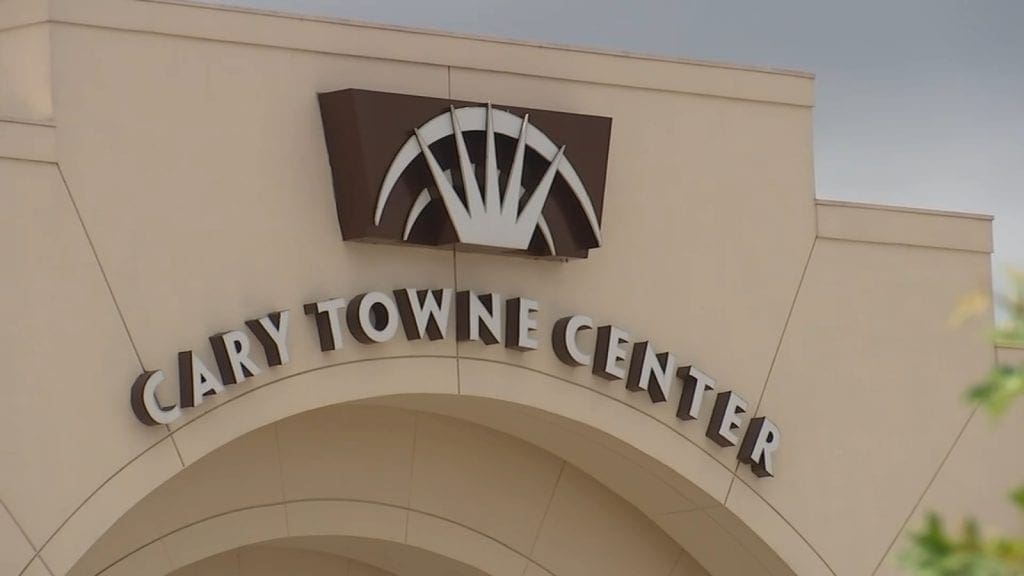The Federal Trade Commission () is intensifying its efforts against scammers following the closure of a significant legal loophole.
The agency indicates that the broadened scope of the Telemarketing Sales Rule (TSR) will particularly aid seniors, who are often targeted by fraudulent tech support calls.
Current Telemarketing Regulations
The existing law mandates various obligations for those making unsolicited sales calls. Telemarketers are required to:
- transmit their phone number and, where possible, their name to your caller ID service
- immediately disclose the identity of the seller or charitable organization they represent, clarifying that the call is a sales call or a charitable solicitation
- provide all essential information regarding the products or services they are promoting and the conditions of the sale
- obtain your consent before charging you or using a specific account number
They are prohibited from:
- making calls before 8 a.m. or after 9 p.m. in your local time
- being deceptive or abusive or misrepresenting any terms of their offer
- requiring payment via:
- cash-to-cash wire transfers (e.g., Western Union and MoneyGram)
- PINs from cash reload cards (e.g., MoneyPak and Vanilla Reload)
- bank account details to create a type of check called a “remotely created payment order” that you don’t approve or sign
Significant Loophole Now Addressed
The original rules were only applicable when a telemarketer called you. However, scammers increasingly use online advertisements and email campaigns to lure victims into calling them. A frequent tactic is creating ads that mimic a computer error message.
Numerous tech support scams deceive consumers into contacting them via pop-up notifications and other strategies, falsely claiming that the consumers’ computers or devices are infected with malware or other issues in order to sell fraudulent tech support services. These scams often lead consumers to pay for services that are unnecessary to fix fictional problems.
The regulation has now been revised to encompass inbound calls as well.
The Federal Trade Commission has finalized amendments to its Telemarketing Sales Rule, extending the rule’s reach to so-called “inbound” telemarketing calls for technical support services. This includes calls initiated by consumers to companies advertising technical support services through their ads or direct mail.
Although scammers can face criminal charges for fraud, the TSR provides a mechanism to take action against them, even in cases where victims do not fall prey to the scam. Furthermore, requesting payments through non-reversible methods will now be deemed illegal.
The emphasizes that this modification will particularly safeguard seniors.
According to a recent report to Congress, consumers aged 60 and above reported being five times more likely than younger individuals to lose money to tech support scams. Older adults reported losses exceeding $175 million from such scams last year.
You can contribute by educating friends and family members who may not be tech-savvy, alerting them to the risks associated with fraudulent tech support calls.
Photo by Keith Tanner on Unsplash
: We utilize auto affiliate links that generate income. More.




